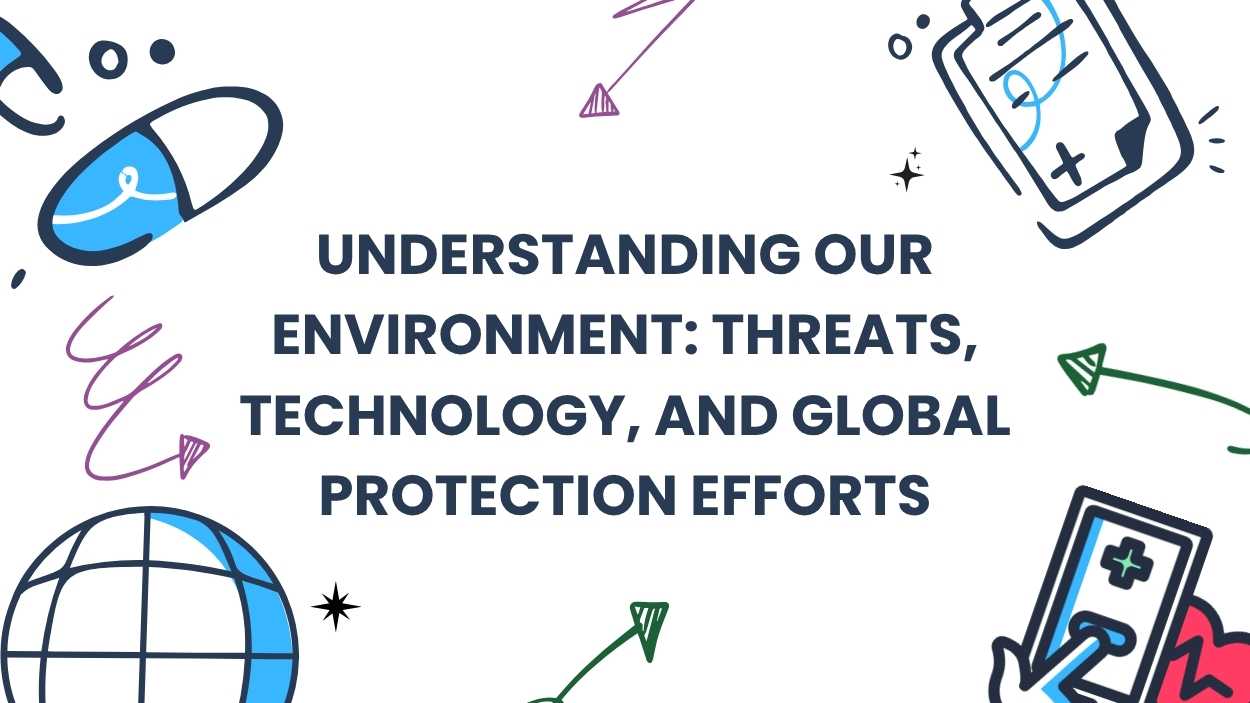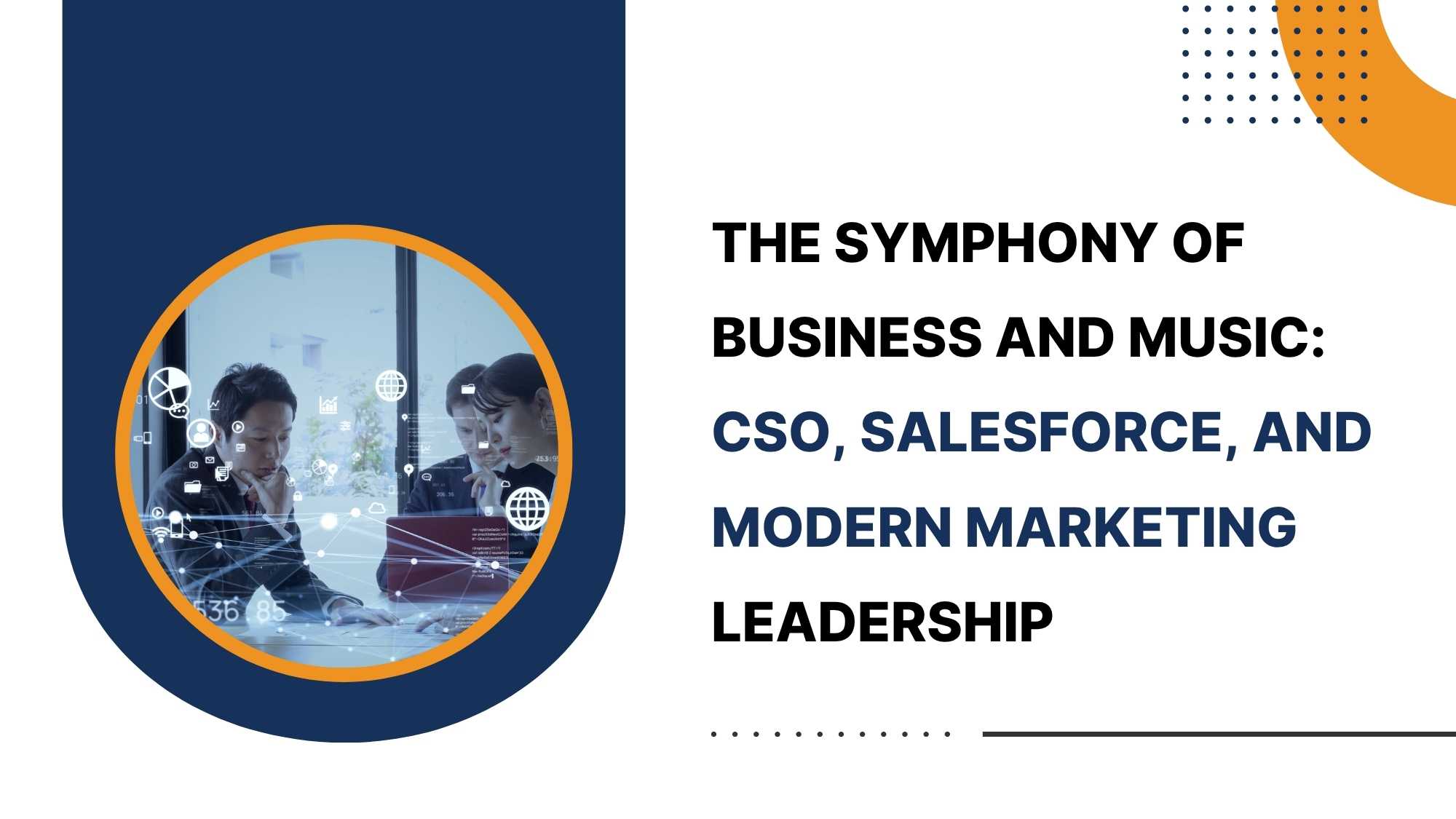In an increasingly interconnected world, the conversation around business sustainability has evolved far beyond simple environmentalism. It’s no longer just about ‘going green’ or ticking a corporate social responsibility box; it’s about crafting an operational blueprint that ensures enduring commercial viability while actively contributing to planetary and societal well-being. A truly sustainable business model is a dynamic interplay of profitability, foresight, responsible resource stewardship, and community engagement, designed to create value for all stakeholders without inadvertently depleting the very foundations it relies upon. This holistic approach signals a crucial shift from short-term gains to long-term resilience, embedding ethical practices into the core identity of a brand.
The Pillars of Enduring Enterprise
At its heart, a sustainable business thrives on four interconnected principles: commercial profitability, an inherent capacity for future success, reliance on perpetually available resources, and a commitment to reciprocal value creation. This moves beyond merely being financially sound; it demands a strategic vision that anticipates and adapts to future challenges, ensuring a business can consistently attract customers and operate effectively for years to come. Crucially, it means consciously selecting resources that are not only accessible but also ethically and environmentally sound, rejecting the ‘take-make-waste’ mentality in favor of a cyclical ‘borrow-use-return’ model. This paradigm shift encourages businesses to view every input and output through the lens of regeneration, contributing positively to the ecosystem rather than extracting from it.
Crafting Your Regenerative Strategy
Implementing a sustainable business model requires more than good intentions; it demands a deeply integrated, purpose-driven strategy. The most effective approaches begin with fundamental questions about an organization’s core existence: what problem does it solve, and how will it genuinely improve the world? From this foundational purpose, a comprehensive strategy emerges, engaging every facet of the ‘brand ecosystem’ – from internal teams and supply chain partners to local communities and broader industry. This isn’t about isolated initiatives; it’s about embedding sustainability into daily operations, establishing clear goals, measurable key performance indicators (KPIs), and a commitment to unwavering transparency in reporting progress and challenges alike.
While the journey towards sustainability can present its share of roadblocks, from stalled innovation meetings to unfulfilled implementation plans, these challenges often stem from a reluctance to embrace change or a misalignment of mindset. Yet, the imperative for transformation is undeniable and increasingly urgent. Consumers are actively seeking out and willing to pay more for sustainable products and packaging, while employees, investors, and retailers are exerting significant pressure for robust environmental, social, and governance (ESG) strategies. Overcoming internal resistance by fostering a culture of shared purpose and connecting with allies who champion a greener, kinder business model is crucial for transforming intentions into impactful market success.
The Imperative of a Regenerative Future
Ultimately, a sustainable business model isn’t just a competitive advantage; it’s an existential necessity. The stark realities of our planet, from the fleeting lifespan of a plastic bag to the staggering volume of waste polluting our oceans, underscore the profound impact businesses have. By consciously planning resource usage, exploring alternative ownership structures that empower all stakeholders, and engaging customers in the sustainability dialogue, businesses can foster trust and loyalty. While there may be initial short-term expenses, these are an invaluable investment in long-term resilience, enhanced brand value, and a healthier planet. Focusing on the ‘bare essentials’ and making long-term projections allows businesses to not only survive but thrive, becoming catalysts for positive change and securing a viable future for generations to come.













